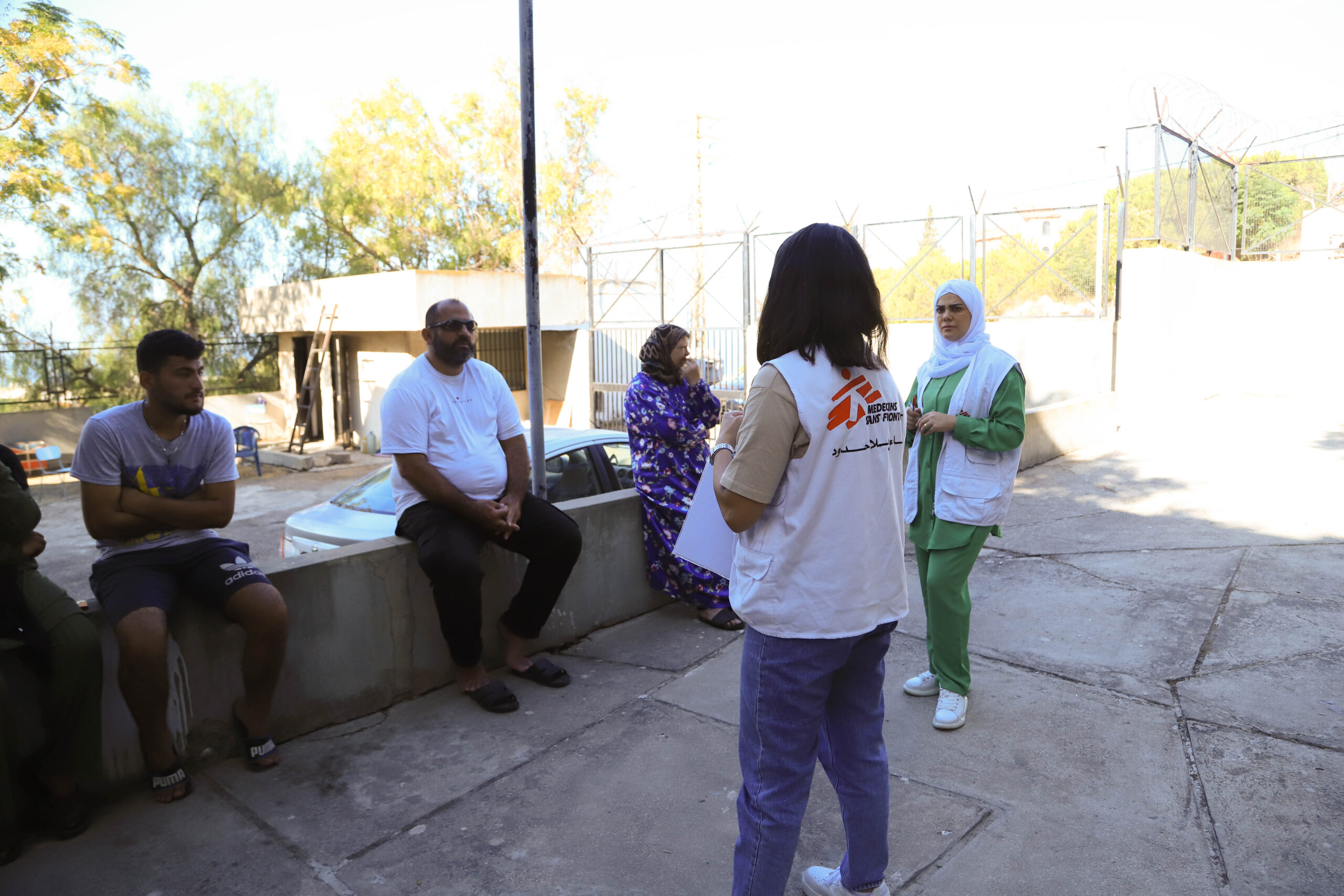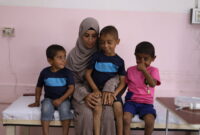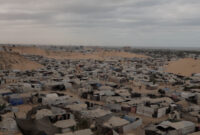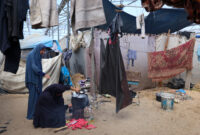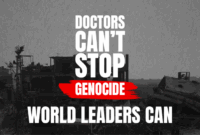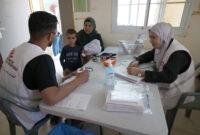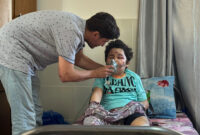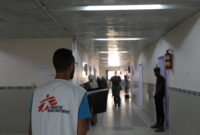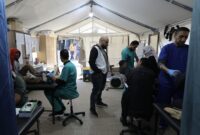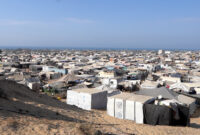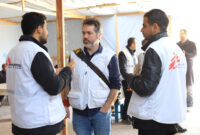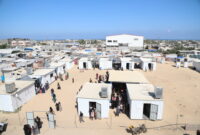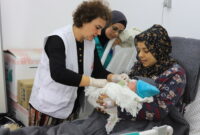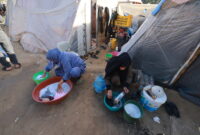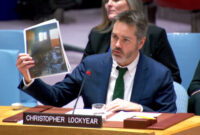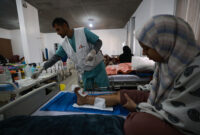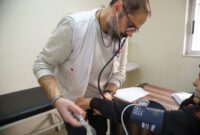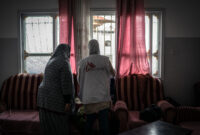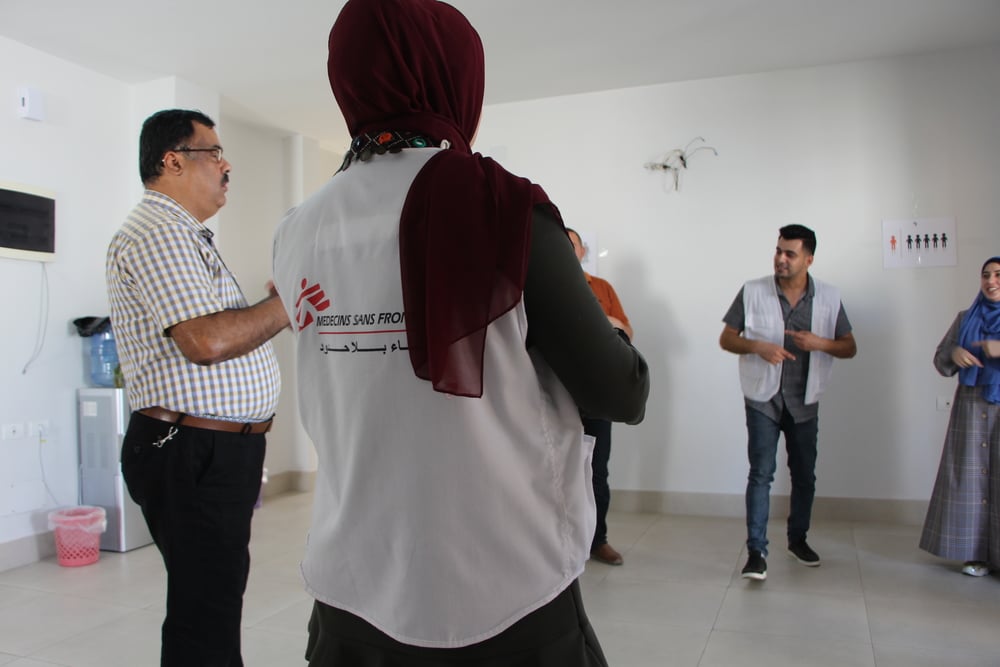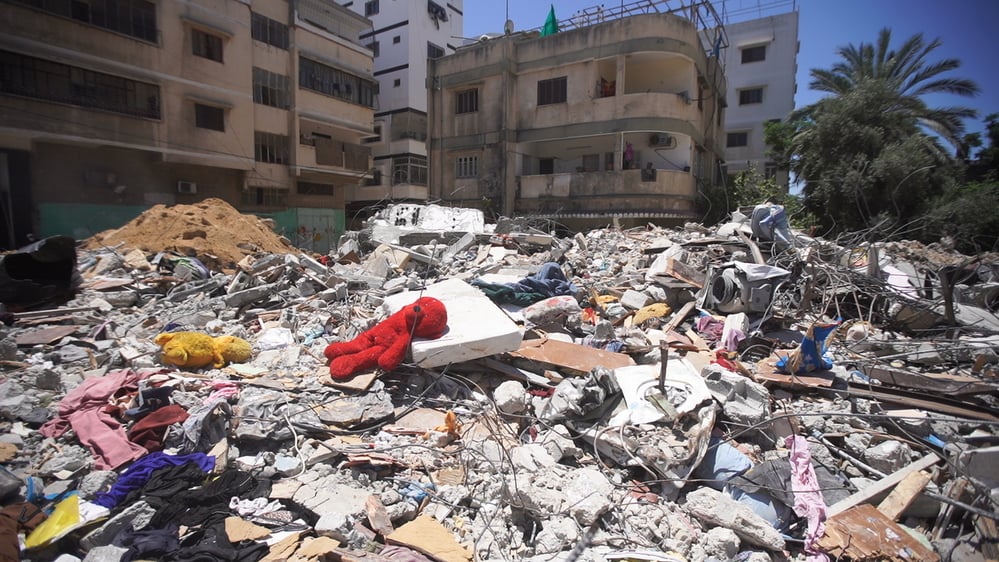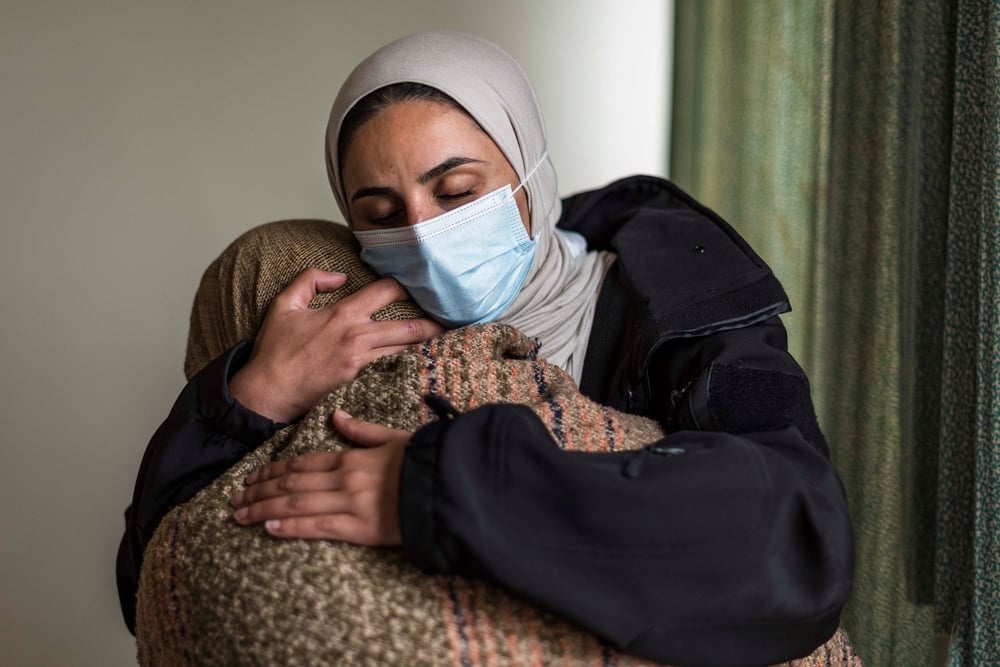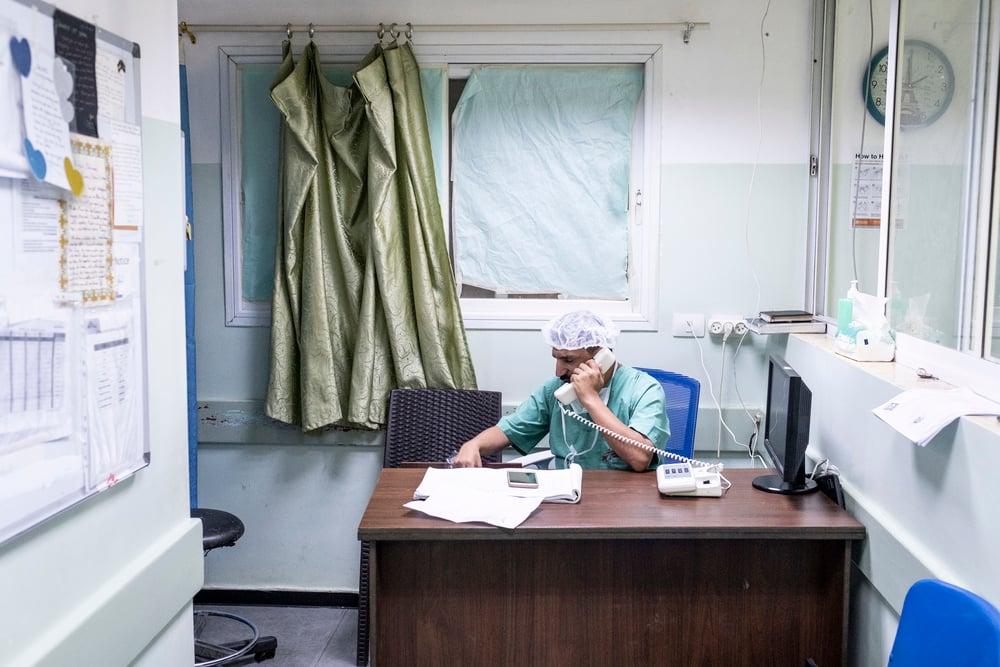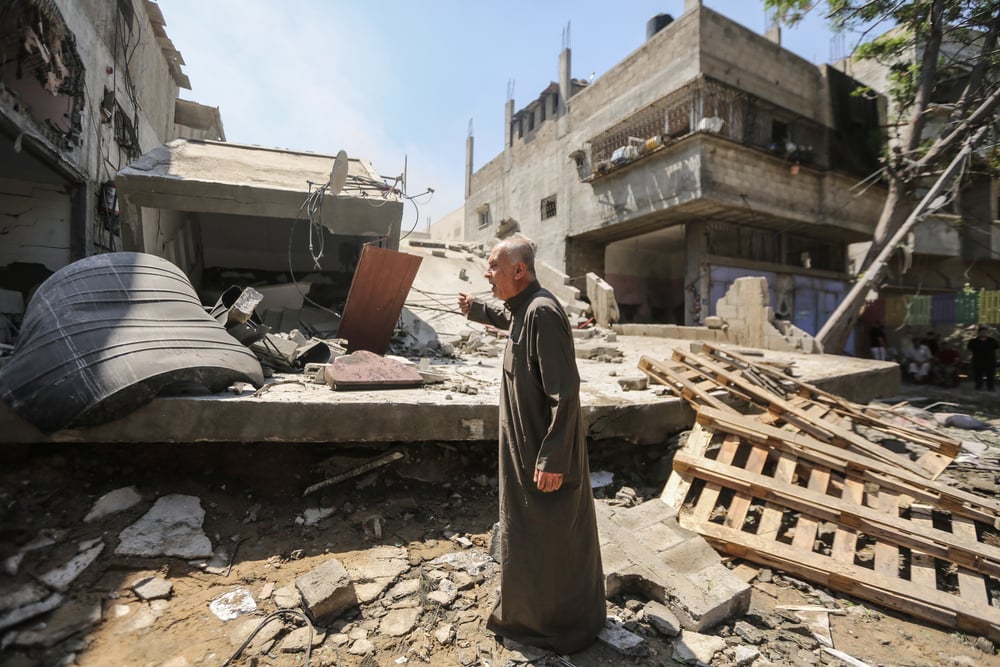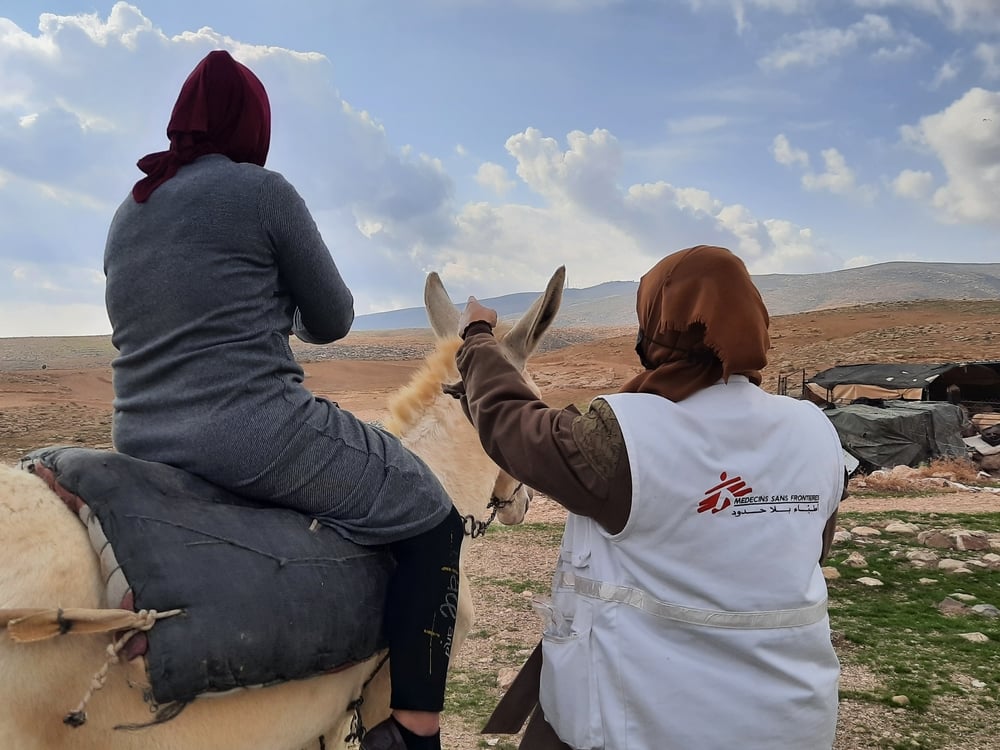Middle East and North Africa: Behind the armour, men’s mental health
Men in the region are breaking stigma, seeking therapy and reclaiming mental health with MSF.
The Middle East and North Africa (MENA) region faces some of the world’s longest and most complex crises. From Palestine to Sudan, Syria, Yemen and Lebanon, people have endured wars, occupation, economic collapse and forced displacement. Entire communities have lived under chronic pressure and uncertainty for decades.
These conditions can have a profound impact on the health and well-being of all people affected —including adults and children— but stigma, cultural expectations and traditional gender roles too often discourage men from getting help when they need it. As a result, many men carry invisible wounds hidden under a veneer of strength and steadiness, forgoing care out of fear: “What will people say?”
“After the war we lived through, every Palestinian needs mental support – someone who will listen and help raise awareness,” says Munir Mohamed Abdel Fattah Al-Kilani, a patient from Gaza now living in Amman.
Doctors Without Borders/Médecins Sans Frontières (MSF) offers mental health as a core part of medical care, especially for people affected by conflict, violence, displacement, and crushing economic crises. From Lebanon to Gaza, Sudan, and Yemen, our teams provide individual and group psychological support to refugees and local communities experiencing these hardships while working to break the stigma and encourage people to seek help without fear or shame.
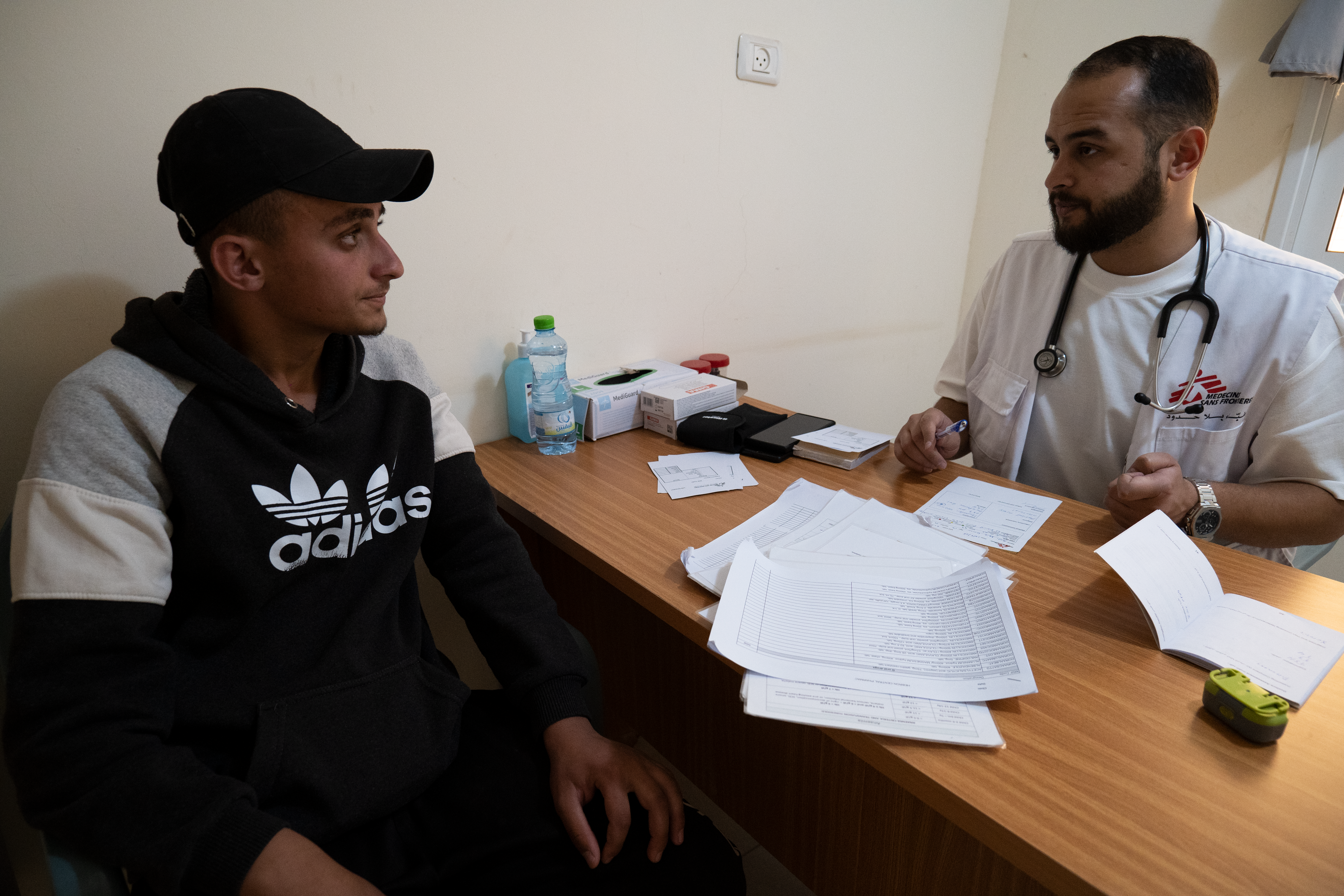
The pressure to be brave
Men’s needs and realities in conflict and crisis settings are often overlooked. “Society expects a man as he grows up to be strong and brave, not to cry, express himself or ask for help,” says Rayan Badawi Najjar, MSF mental health supervisor in Tripoli, Lebanon. In the Middle East and North Africa region, many men face intense stressors such as direct violence, displacement, unemployment, detention, torture and the loss of their roles as protectors and providers.
“We found that one of the main reasons men avoid mental health services is the stigma surrounding mental disorders, along with low awareness of mental health. In society’s eyes, asking for help is seen as a sign of weakness or a flaw.”
Saddam Mohammed, MSF mental health supervisor in Sudan
Samer*, a young man living in northern Lebanon, experienced many of these stressors firsthand. “My childhood was tragic,” he says. “I had an accident and lost my hand. I felt discriminated against at school and dropped out, but I didn’t give up. I worked and started a family. With the financial crisis, I lost everything and anxiety began to eat away at me. When my daughter fell ill, I was overwhelmed with fear and broke down.”
Difficult experiences like Samer’s can lead to mental health disorders such as depression, post-traumatic stress disorder and substance use. They can also manifest in behavioural symptoms, including aggression. In MSF’s Tripoli project, Najjar observed a troubling pattern: psychosis rates were far higher among men (9.5%) than women (1.5%). Even more alarming was that 18% of men reported thoughts of ending their lives or wishing for death, compared to 13% of women.
“We found that one of the main reasons men avoid mental health services is the stigma surrounding mental disorders, along with low awareness of mental health,” says Saddam Mohammed, an MSF mental health supervisor in Central Darfur, Sudan. “In society’s eyes, asking for help is seen as a sign of weakness or a flaw.”
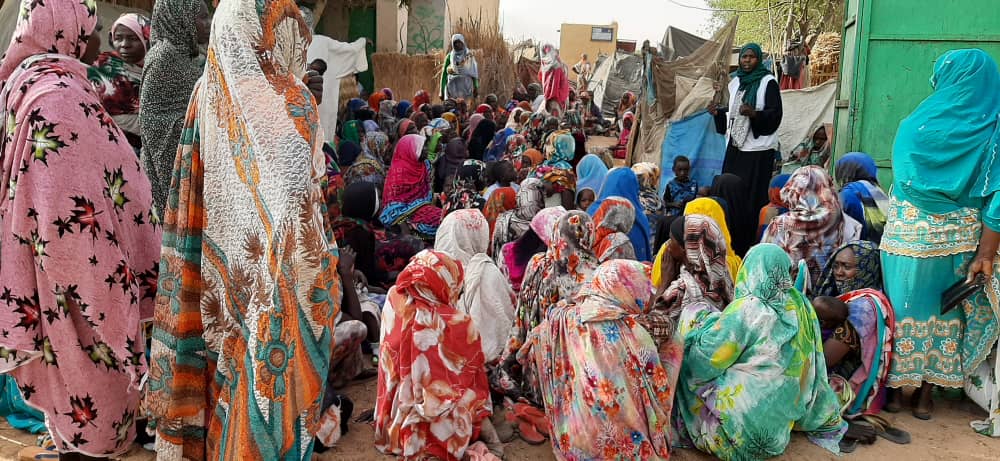
Hope in healing: Personal journeys through therapy
Despite the stigma, Samer decided he needed care. He sought mental health support from MSF and started attending therapy sessions. “By the second session, I started to feel a change and began looking forward to them,” he says.
Other men are breaking the pattern as well. Emad Murad, from Miryata in northern Lebanon, chose to confront the misconception that had shackled him for years. “There is no shame in mental health services and they don’t undermine my dignity,” he says. “It’s treatment no less important than care for the heart or diabetes.”
Mohammed Abakar Ahmed, a man from Sudan, also overcame stigma and turned to MSF for support. “There’s no shame in asking for help, and no shame in therapy,” he says. “After I started treatment, I felt a big change. I used to neglect myself and hate work. Now, I feel energized and I enjoy my job.”
The impact of mental health care often extends beyond the individual, reaching families and communities. “Because my experience was positive, I brought my children and my brother to meet MSF’s mental health team,” Emad says.
Samer urges other men to seek mental health services too. “The shame isn’t in getting treatment – it’s in reaching the point of collapse,” he says.
*Name changed to protect privacy.
Related news

Palestine: Ceasefire in Gaza, humanitarian aid must flow immediately

